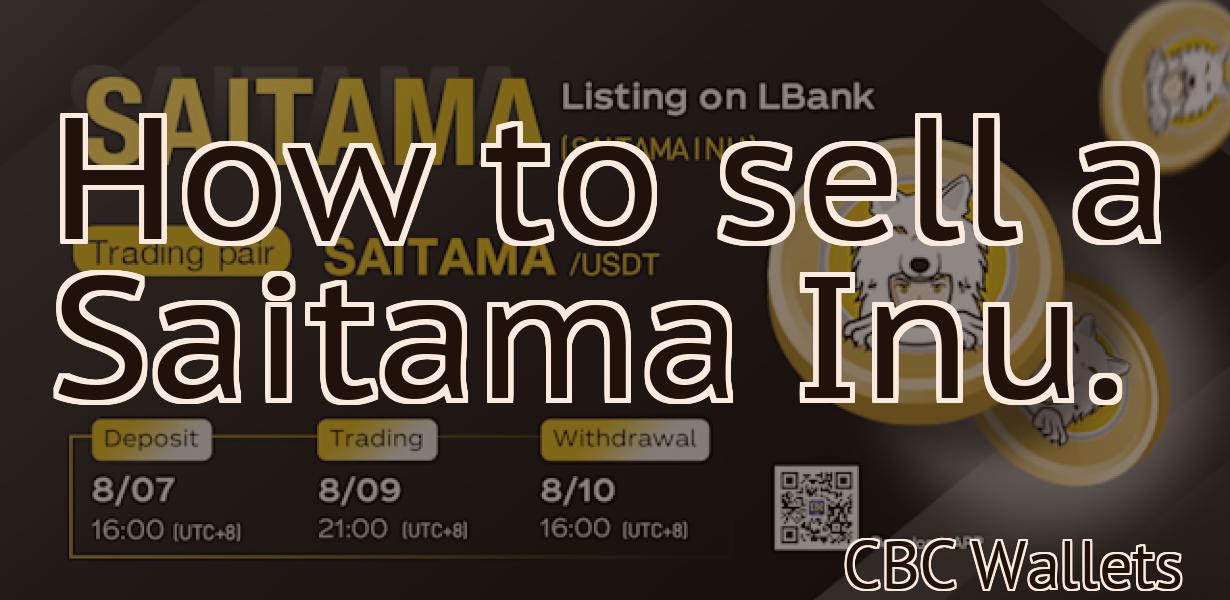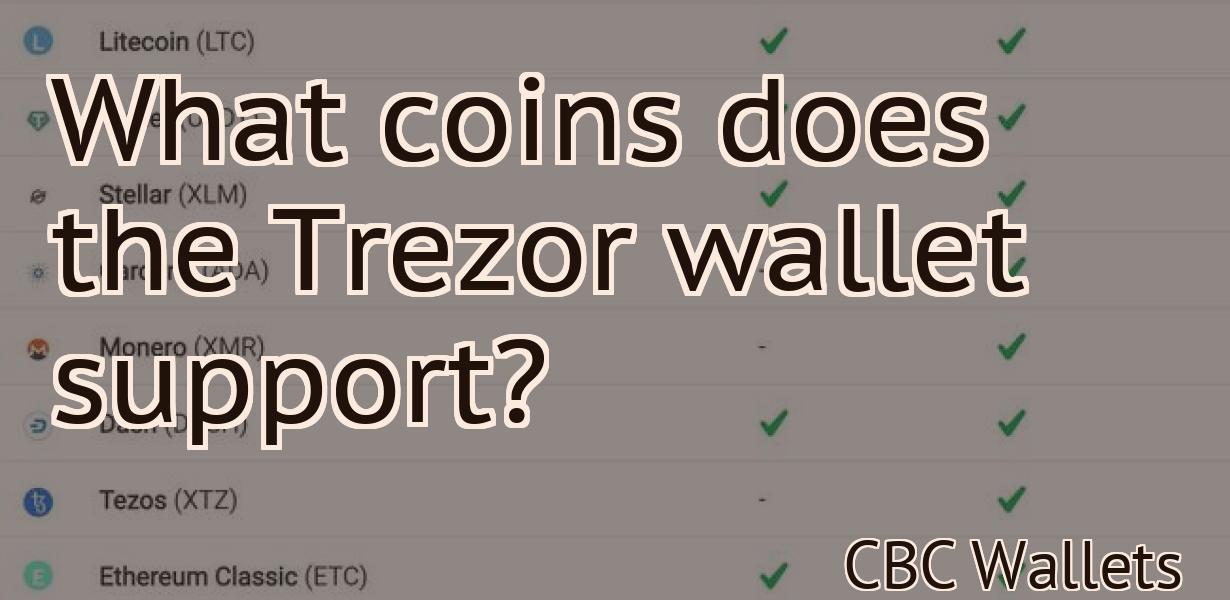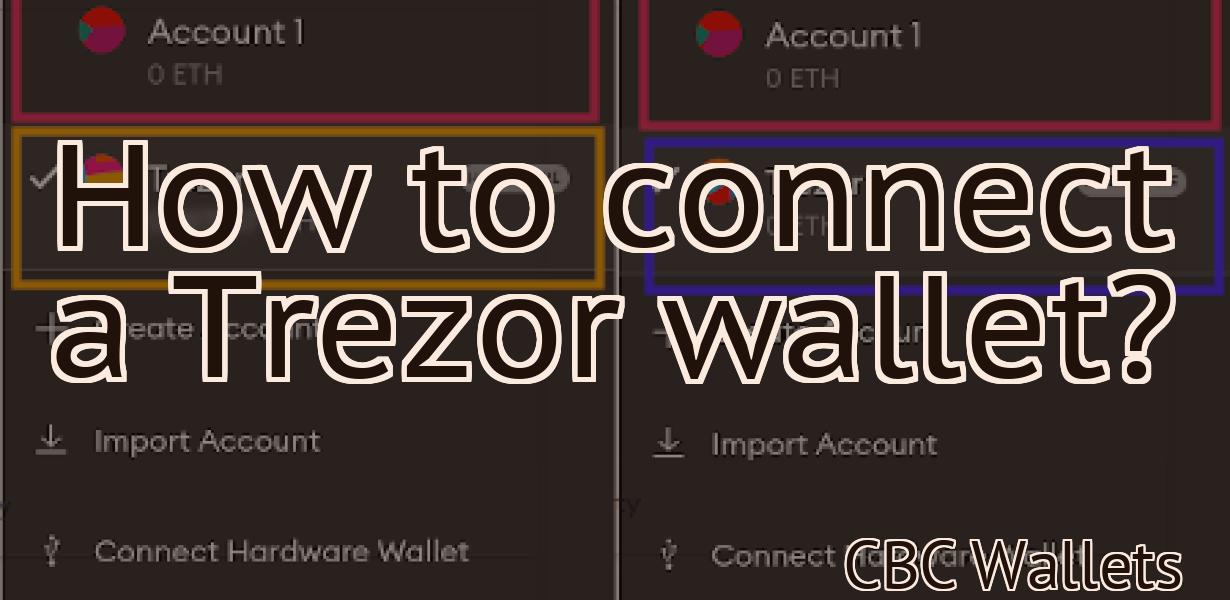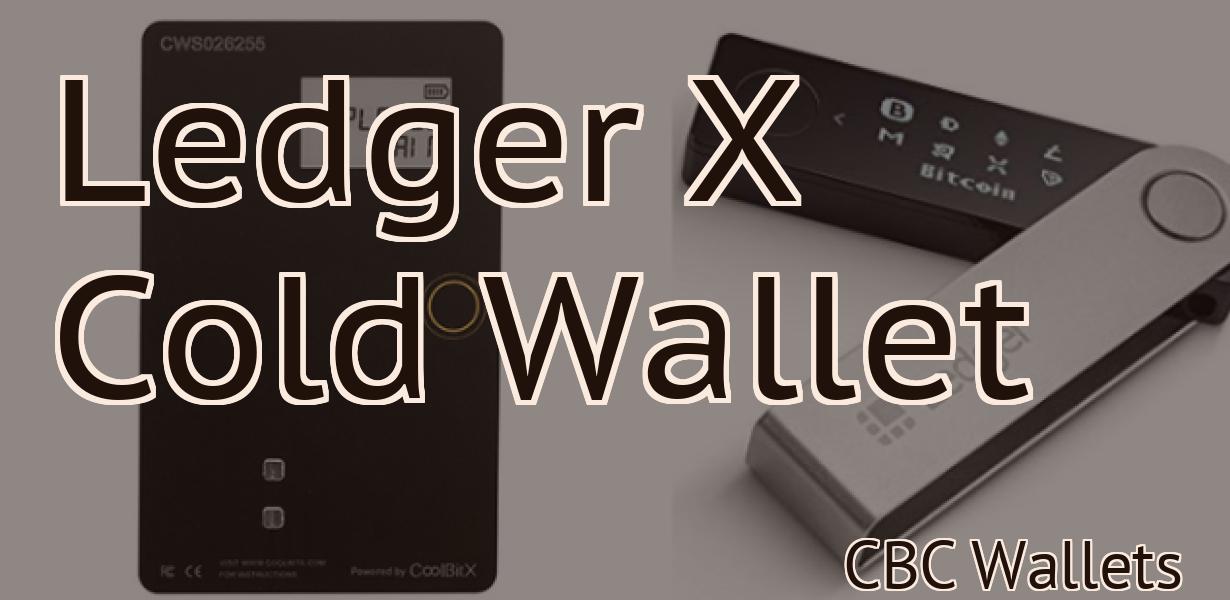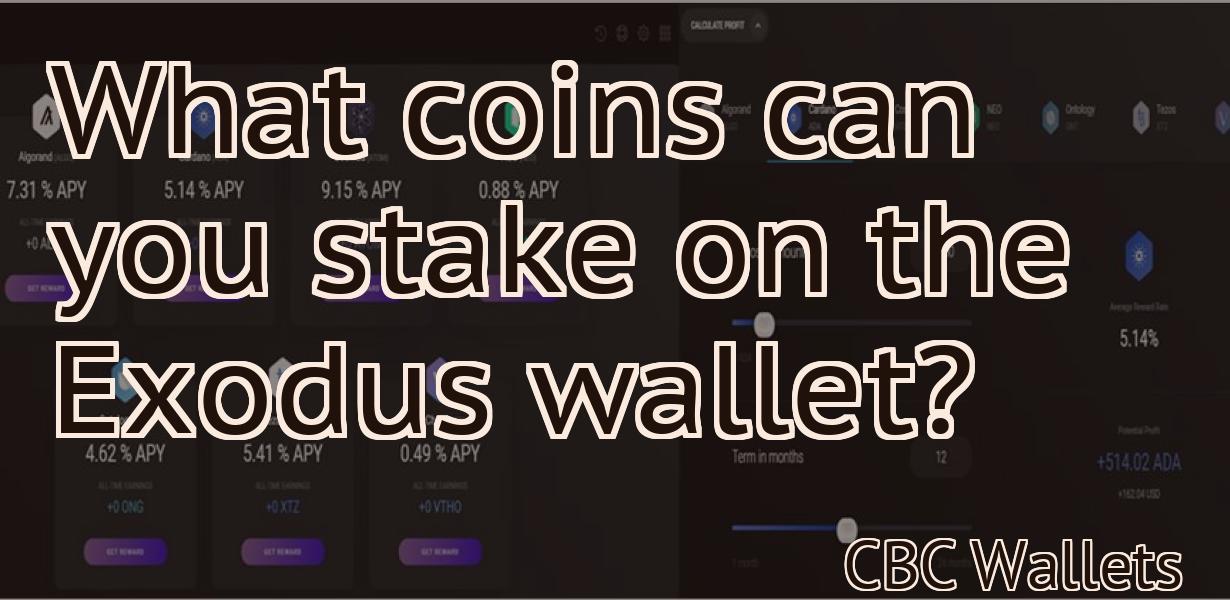Does cryptocurrency gain value in a wallet?
Cryptocurrencies are digital or virtual tokens that use cryptography to secure their transactions and to control the creation of new units. Cryptocurrencies are decentralized, meaning they are not subject to government or financial institution control. Bitcoin, the first and most well-known cryptocurrency, was created in 2009. Cryptocurrencies are often traded on decentralized exchanges and can also be used to purchase goods and services. While the underlying technology of cryptocurrencies is complex, using them is relatively simple. Most cryptocurrencies are stored in digital wallets, which are software programs that store your public and private keys and interact with blockchain to enable you to send and receive cryptocurrency. Your public key is like your cryptocurrency address, which you give out to others so they can send you cryptocurrency. Your private key is like your password, which you use to access your wallet and make transactions. When you store your cryptocurrency in a wallet, it gains value just like any other asset. The value of your cryptocurrency will go up or down depending on the market conditions. You can hold onto your cryptocurrency and wait for the price to increase, or you can trade it on an exchange for other assets.
How to store your crypto coins for long-term value
There are a few important things to keep in mind when storing your crypto coins for long-term value.
1. Keep your coins safe and secure
One of the most important things you can do to protect your crypto coins is to keep them safe and secure. Make sure to keep your coins in a secure wallet and never share your private keys with anyone.
2. Don't overinvest in your coins
Another important thing to keep in mind when storing your crypto coins is not to overinvest. Remember that cryptocurrencies are volatile and can be greatly affected by market conditions. Don't put all of your eggs in one basket, and be prepared to take profits or losses if the market changes.
3. Diversify your holdings
In addition to keeping your coins safe and secure, it's also important to diversify your holdings. This means investing in different coins and tokens, so you have a variety of options should the market go down.
5 wallets to store your cryptocurrency
There are many different types of cryptocurrency wallets, so it’s important to choose the one that is right for you.
Here are some of the most popular types of cryptocurrency wallets:
Desktop wallets: These are software applications that you can install on your computer. Desktop wallets allow you to store your cryptocurrencies offline, which is ideal if you want to keep your coins safe. Some of the most popular desktop wallets include My Wallet and Blockchain.
Online wallets: Online wallets allow you to store your cryptocurrencies online. This is the most popular type of wallet because it allows you to access your coins from anywhere in the world. Some of the most popular online wallets include Coinbase and Binance.
Hardware wallets: These are specialised devices that allow you to store your cryptocurrencies offline. Hardware wallets are very secure and are popular among long-term cryptocurrency investors. Some of the most popular hardware wallets include the Ledger Nano S and Trezor.
The best way to keep your cryptocurrency safe
There is no one-size-fits-all answer to this question, as the best way to keep your cryptocurrency safe will vary depending on the type of cryptocurrency you are storing and the level of security you require. However, some tips to keep your cryptocurrency safe include:
1. Store your cryptocurrency in a secure wallet.
2. Store your cryptocurrency offline.
3. Only carry a small amount of cryptocurrency in case you need to withdraw it quickly.
4. Do not share your cryptocurrency with anyone.
How to keep your Bitcoin private
There are a few ways to keep your Bitcoin private. One way is to use a cryptocurrency wallet. A cryptocurrency wallet is a software application that allows you to store, send and receive cryptocurrencies. Some popular cryptocurrency wallets include Bitcoin Core, Electrum and Armory.
Another way to keep your Bitcoin private is to use a tumbling service. A tumbling service is a service that helps you to anonymize your Bitcoin. This is done by mixing your Bitcoin with other Bitcoin. This way, it is difficult to track your Bitcoin transactions. There are a few popular tumbling services include Bitcoin tumbling service and CoinShuffle.
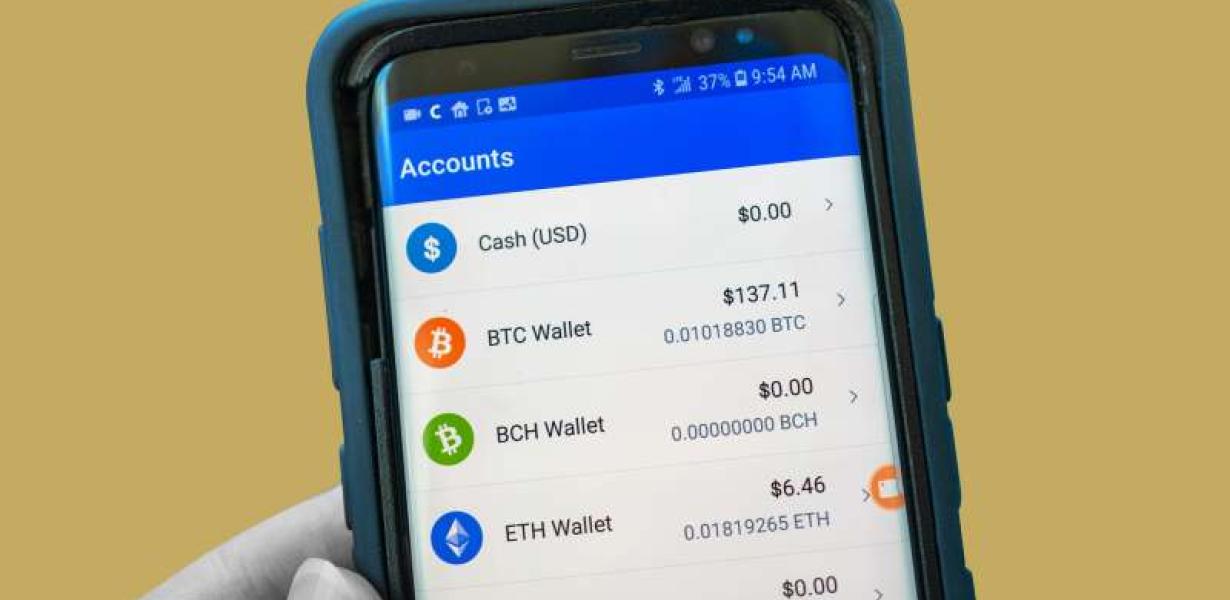
The most secure way to store cryptocurrency
is to use a hardware wallet. A hardware wallet is a special type of wallet that stores your cryptocurrency offline, in a physical device. This means that your cryptocurrency is not accessible to anyone else, including the owner of the hardware wallet.
One popular hardware wallet is the Ledger Nano S. Other hardware wallets include the TREZOR and the KeepKey.
Another way to store cryptocurrency is to use a software wallet. A software wallet is a digital platform that allows you to store your cryptocurrency online. This means that your cryptocurrency is accessible by the owner of the software wallet, as well as anyone else who has access to the internet.
Some popular software wallets include the Bitcoin Core and the Electrum.
How to create a cryptocurrency wallet
There are a few ways to create a cryptocurrency wallet. One way is to use a cryptocurrency exchange. Another way is to use a software wallet.

top 5 ways to keep your cryptocurrency safe
1. Make sure to keep your cryptocurrency stored in a wallet that you control and is secure.
2. Only send cryptocurrency to people you trust.
3. Do not invest more than you are willing to lose.
4. Only use cryptocurrency for transactions that you trust.
5. Always exercise caution when dealing with cryptocurrency.
How to store Bitcoin on a USB
drive
There are a few different ways to store Bitcoin on a USB drive. The simplest way is to create a new Bitcoin wallet and import your private key into it. Another option is to use a desktop or web wallet, which stores your Bitcoin on their servers. Finally, you can also use a paper wallet, which is a physical copy of your Bitcoin that you can store offline.












